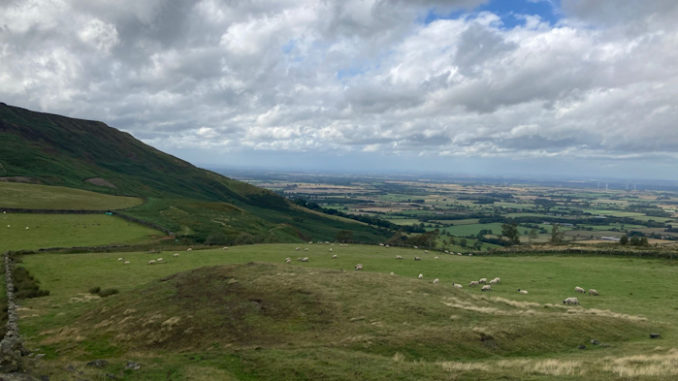
Councillors behind a push to prevent trail hunting activities on North Yorkshire Council’s vast estate say while a ban may be unenforceable it would be “the right thing to do”.
Councillors Rich Maw and Arnold Warneken said local politicians representing communities across the largely rural county have a moral duty to ban trail hunting, exempt hunting, hound exercise and hunt meets outright across all council land, where legally possible, including any new tenancies.
The Labour and Green councillors issued the call ahead of a meeting of the local authority’s corporate scrutiny committee on Monday, which will seek to agree a response to a notice of motion for the ban to be put before all the council’s elected members.
The motion has been condemned by the Countryside Alliance as “anti-rural” and by some Conservative councillors as “a waste of time”.
An officer’s report to the meeting states trail hunting is “a legal, although controversial, alternative to hunting animals with hounds” in which a scent trail is laid “ostensibly to recreate the experience of chasing a real animal”.
It has been claimed that trail hunting is designed to replicate hunting as closely as possible, but without the deliberate involvement of live prey, however campaigners in North Yorkshire say they have ample evidence of animals becoming targets.
The land owned by the council mostly affected by a ban would be its farm
estate portfolio, which is thought to be about 3,500 acres.
The report highlights how recent years have seen several major landowners, such as the National Trust and the Church of England, suspend or ban trail hunting on their land.
It states while some local authorities, such as Nottinghamshire County Council had banned trail hunting, Cornwall Council had agreed banning a lawful activity would be a direct attack on rural people.
The report states: “In considering the notice of motion put to the council earlier this month, members will recognise there may be issues around enforcement if a decision were taken to ban trail hunting on council owned land i.e., the huge amount of property/land owned by the council,
and the possible financial implications and other resources it may require.”
In response to the report, Weaponness and Ramshill division councillor Maw said trail hunting was “a smokescreen” for the act of actually hunting wild animals.
He added: “A ban would mean on the common lands we have got control over and building that into new tenancies going forward.
“It’s really about the messaging rather than policing it. With video or photographic evidence there is a way for it to be policed. If the hounds are in front of the horses and the hunt doesn’t technically have control of the hounds in a public area then they are breaking the law.”
Coun Warneken said was also not possible to enforce every 30mph limit, and bans on people dropping cigarette butts or not wearing seatbelts, but that had not stopped those rules being approved.
He said: “Do we not do the right thing because we can’t enforce it? We are condoning breaking the law if you don’t think we should ask our new tenants if they would consider signing up to not allowing trail hunting on their land.”


Be the first to comment